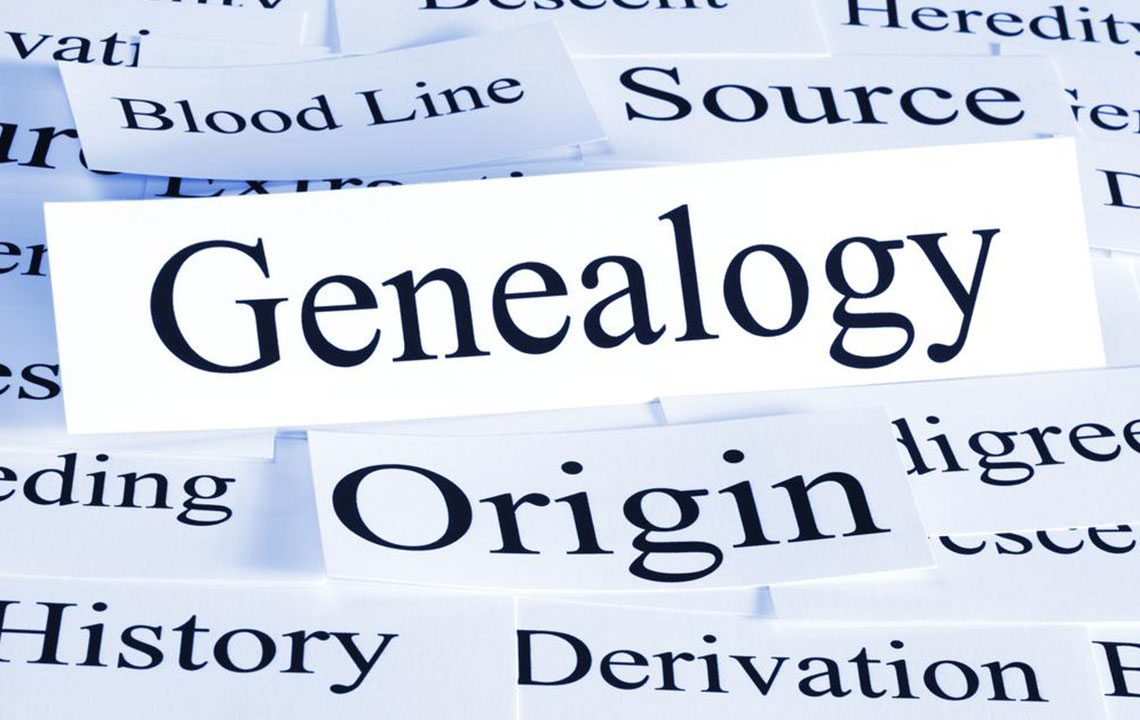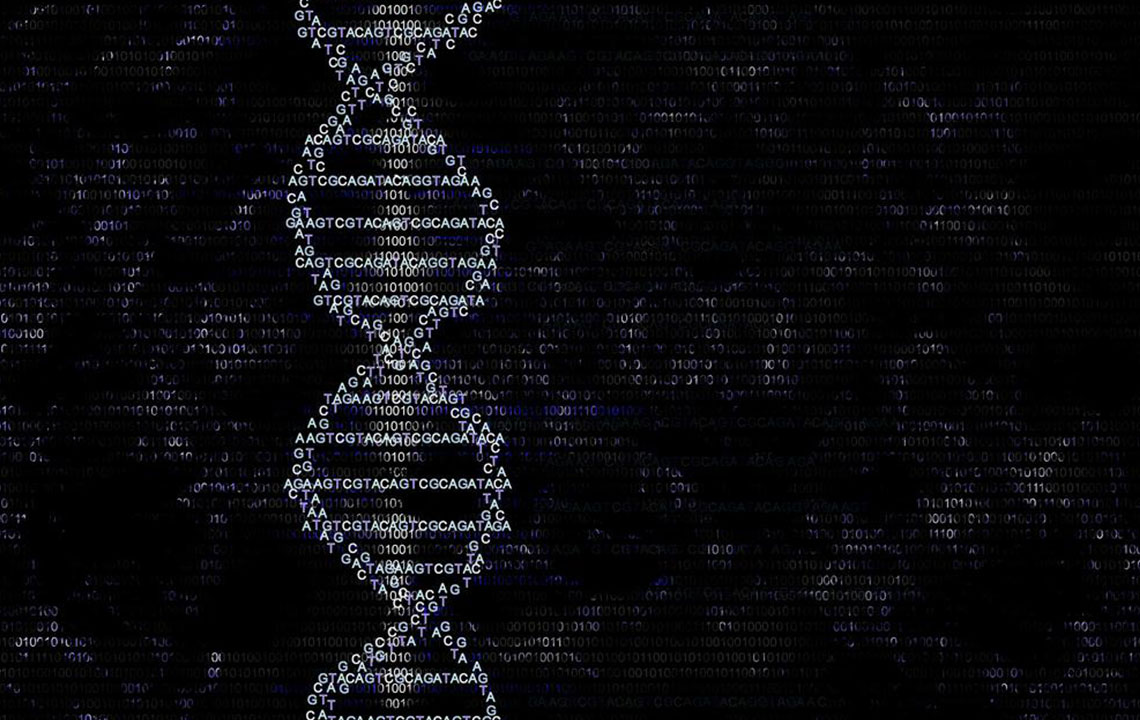A Guide to Accessing Court Records for Family History Research
Explore how court records can enhance your genealogical research. Learn about accessing adoption, divorce, naturalization, probate, and case records from local courthouses or online databases. Discover the vital role these documents play in uncovering family history, resolving disputes, and confirming ancestral details. This guide offers practical steps to obtain authentic records and build a clearer picture of your heritage.
Sponsored

Gathering genealogical data is crucial for uncovering details like residence history, occupations, and family connections. While oral histories can be helpful, they may lack accuracy. Reliable sources like court records provide solid evidence for tracing ancestry and resolving family disputes. These records are accessible at courthouses or online, often with a small fee. They include adoption, divorce, naturalization, probate, and case files, offering valuable insights into your ancestors' lives. Visiting local courts or writing to relevant agencies is essential for obtaining these important documents.
Whether you're seeking provenance or resolving family mysteries, court records are an invaluable resource. Adoption records detail birth and biological parents but require a court order for access. Divorce documents include names, dates, and reasons for separation, obtainable through application. Naturalization records document citizenship processes and can be requested from the INS or county courts. Probate records reveal asset distributions and heir details after a person’s death. For legal cases, look for case files, dockets, minutes, and orders, often stored at local courthouses or court clerk offices. Start your search locally and reach out to relevant courts for your ancestral records.






